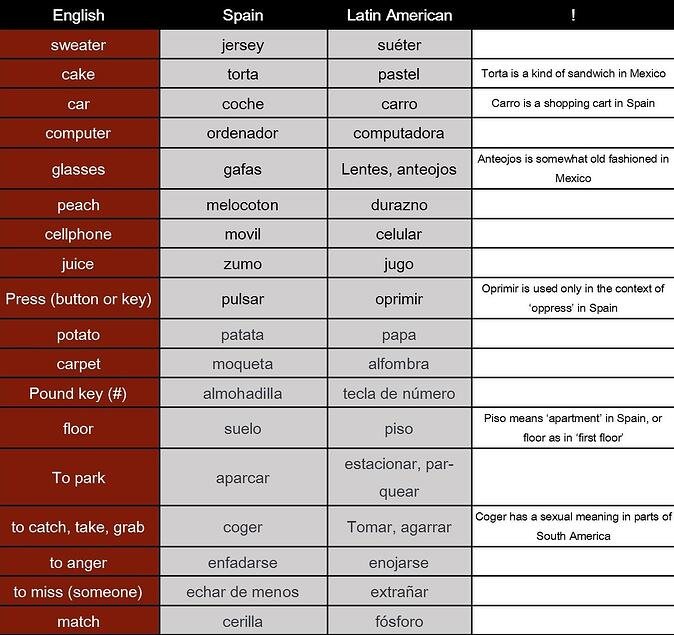Aby zapewnić najlepsze doświadczenia, używamy technologii takich jak pliki cookie do przechowywania i/lub uzyskiwania dostępu do informacji o urządzeniu. Wyrażenie zgody na te technologie umożliwi nam przetwarzanie danych, takich jak zachowanie podczas przeglądania lub unikalne identyfikatory na tej stronie. Brak wyrażenia zgody lub jej wycofanie może niekorzystnie wpłynąć na niektóre cechy i funkcje.
To provide the best experiences, we use technologies like cookies to store and/or access device information. Consenting to these technologies will allow us to process data such as browsing behavior or unique IDs on this site. Not consenting or withdrawing consent, may adversely affect certain features and functions.
Techniczne przechowywanie lub dostęp są ściśle niezbędne do uzasadnionego celu, jakim jest umożliwienie korzystania z określonej usługi wyraźnie żądanej przez abonenta lub użytkownika, lub wyłącznie w celu przeprowadzenia transmisji komunikatu za pośrednictwem sieci komunikacji elektronicznej. // The technical storage or access is strictly necessary for the legitimate purpose of enabling the use of a specific service explicitly requested by the subscriber or user, or for the sole purpose of carrying out the transmission of a communication over an electronic communications network.
Techniczne przechowywanie lub dostęp jest niezbędny do uzasadnionego celu przechowywania preferencji, o które abonent lub użytkownik nie prosił. // The technical storage or access is necessary for the legitimate purpose of storing preferences that are not requested by the subscriber or user.
Techniczne przechowywanie lub dostęp wykorzystywane wyłącznie do celów statystycznych. // The technical storage or access that is used exclusively for statistical purposes.
The technical storage or access that is used exclusively for anonymous statistical purposes. Without a subpoena, voluntary compliance on the part of your Internet Service Provider, or additional records from a third party, information stored or retrieved for this purpose alone cannot usually be used to identify you.
Techniczne przechowywanie lub dostęp są wymagane do tworzenia profili użytkowników w celu wysyłania reklam lub śledzenia użytkownika na stronie internetowej lub na kilku stronach internetowych w podobnych celach marketingowych. // The technical storage or access is required to create user profiles to send advertising, or to track the user on a website or across several websites for similar marketing purposes.
 Above you can see a comparison of the popularity of the movie theater phrase in the UK (left) and in the US (right) done with the use of the Semrush tool.[/caption]
Above you can see a comparison of the popularity of the movie theater phrase in the UK (left) and in the US (right) done with the use of the Semrush tool.[/caption]
 All kinds of linguistic variations that also aren’t taken into account by translation machines are another challenge. Most often such changes result from local dialects and we can observe them in American English where some words lack the u letter present in British English (as in humour in British English and humor in American English).
Actually, when it comes to English, the situation is even more complicated, there are dozens of various dialects such as Australian, African or Canadian English. As you can probably guess, due to such diversity most machines aren’t capable of translating texts correctly and as a result using such translations drastically reduce the chances that the SEO process will be successful.
The same applies to Spanish. Spanish spoken in Spain differs from the one spoken in South America. Ignorance of these dissimilarities can result in a serious mistake.
[caption id="attachment_16484" align="aligncenter" width="674"]
All kinds of linguistic variations that also aren’t taken into account by translation machines are another challenge. Most often such changes result from local dialects and we can observe them in American English where some words lack the u letter present in British English (as in humour in British English and humor in American English).
Actually, when it comes to English, the situation is even more complicated, there are dozens of various dialects such as Australian, African or Canadian English. As you can probably guess, due to such diversity most machines aren’t capable of translating texts correctly and as a result using such translations drastically reduce the chances that the SEO process will be successful.
The same applies to Spanish. Spanish spoken in Spain differs from the one spoken in South America. Ignorance of these dissimilarities can result in a serious mistake.
[caption id="attachment_16484" align="aligncenter" width="674"] Exemplary vocabulary differences in Spain and South America. Source: http://blog.dynamiclanguage.com/spanish-variations-between-spain-latin-america[/caption]
The most drastic example is the word coger which means to catch in Spain whereas in many countries of South America it’s a polite term to express sexual intercourse. In this case, coger el autobús (catch a bus) should be translated as tomar el autobús. Additionally, the word el autobús isn’t used in most South American countries. In Argentina you’d say el colectivo, in Chile - el micro, in Mexico - el camión, in Venezuela - la Buseta, in Uruguay - el ómnibus and in the Caribbean - la guagua.
[caption id="attachment_16486" align="aligncenter" width="394"]
Exemplary vocabulary differences in Spain and South America. Source: http://blog.dynamiclanguage.com/spanish-variations-between-spain-latin-america[/caption]
The most drastic example is the word coger which means to catch in Spain whereas in many countries of South America it’s a polite term to express sexual intercourse. In this case, coger el autobús (catch a bus) should be translated as tomar el autobús. Additionally, the word el autobús isn’t used in most South American countries. In Argentina you’d say el colectivo, in Chile - el micro, in Mexico - el camión, in Venezuela - la Buseta, in Uruguay - el ómnibus and in the Caribbean - la guagua.
[caption id="attachment_16486" align="aligncenter" width="394"] Source: https://tododeele.wordpress.com/2015/06/04/la-diferencia-de-algunas-palabras-en-espanol/[/caption]
Source: https://tododeele.wordpress.com/2015/06/04/la-diferencia-de-algunas-palabras-en-espanol/[/caption]











